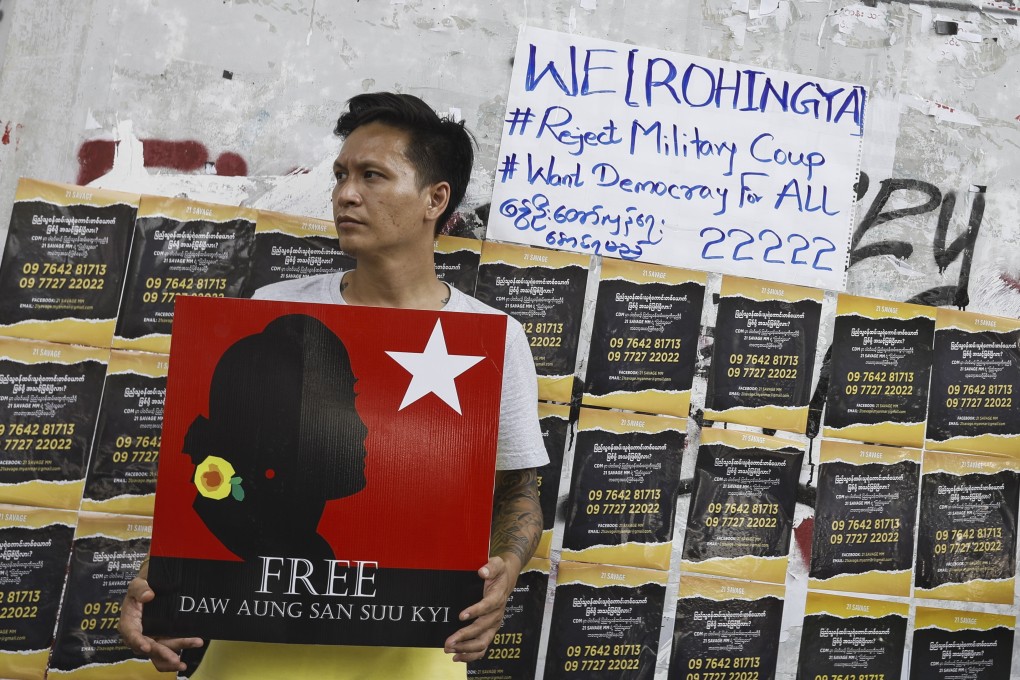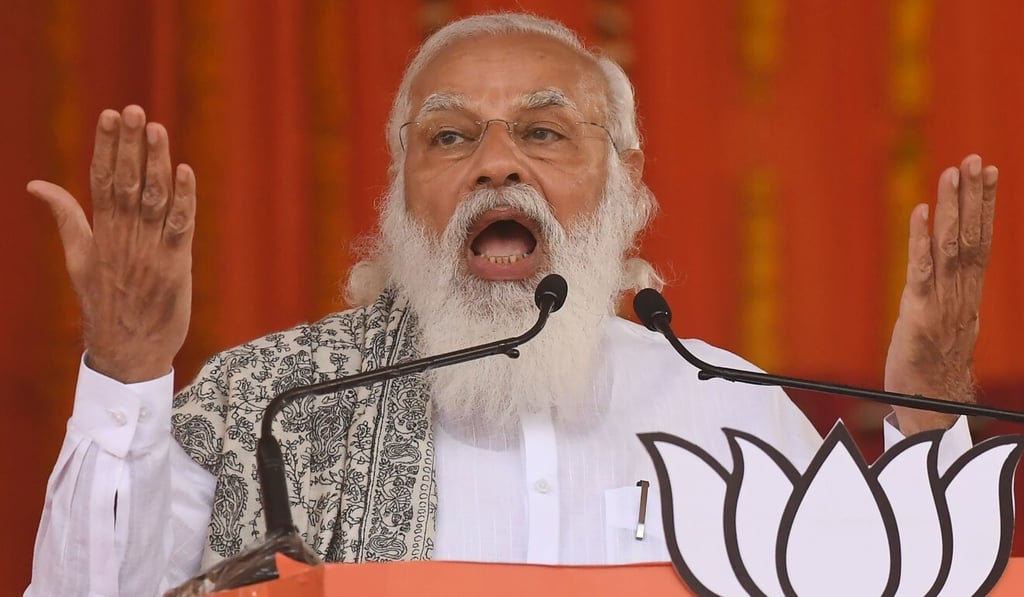Advertisement
Opinion | India has a history of involvement in its neighbours’ affairs. Why has it not condemned the Myanmar coup?
- Policymakers in New Delhi have long maintained their policy of non-interference, but over the years they have tried to facilitate change from Nepal to the Maldives and Sri Lanka
- When it comes to Myanmar, the hesitance comes from concerns over impinging strategic military interests, and a worry criticism will move Naypyidaw closer to China
3-MIN READ3-MIN
8

India is faced with a conundrum in its relations with neighbouring Myanmar, following the February 1 military coup that ousted the fledgling civilian government of Aung San Suu Kyi. New Delhi’s policymakers have long maintained that they do not believe in commenting on, let alone interfering in, the internal affairs of other states. To that end, for example, New Delhi refrained from criticising the brutal Tiananmen Square events in 1989, and it has also maintained a studious silence on the plight of the Uygurs in Xinjiang province.
More recently, even as Russia has incarcerated political activist and opposition leader Alexei Navalny, India has carefully refrained from commenting on the declining state of political freedoms in that country. At a broader level, it has also been quite hesitant to embrace efforts, fitfully spearheaded by the United States, to promote democracy globally. When pressed on the matter, its diplomats argue that states should find their own paths to democracy, free of external interference.
Despite this stated policy of non-interference, India has on a number of occasions – both historically and recently – sought to bring about changes in the internal features of various states, especially those in its immediate neighbourhood.
Advertisement
Historically, for compelling ethical reasons, India was at the forefront of opposition to the apartheid regime in South Africa. To that end, it kept that country at an arm’s length, ending trade relations early and routinely bringing up the issue of apartheid in various international forums ranging from the Non-Aligned Movement (NAM) and the United Nations general assembly.

Advertisement
More recently, in the late 1980s, India became deeply involved in the domestic politics of Sri Lanka as it sought to protect the rights of the country’s Tamil minority. In its efforts to guarantee these rights, New Delhi even went to the extent of sending a peacekeeping force there, and over time it became embroiled in the civil war that was roiling Sri Lanka. That same decade, it acted with considerable alacrity to forestall a coup attempt against the friendly government of President Abdul Gayoom in the Maldives.
Advertisement
Select Voice
Select Speed
1.00x
